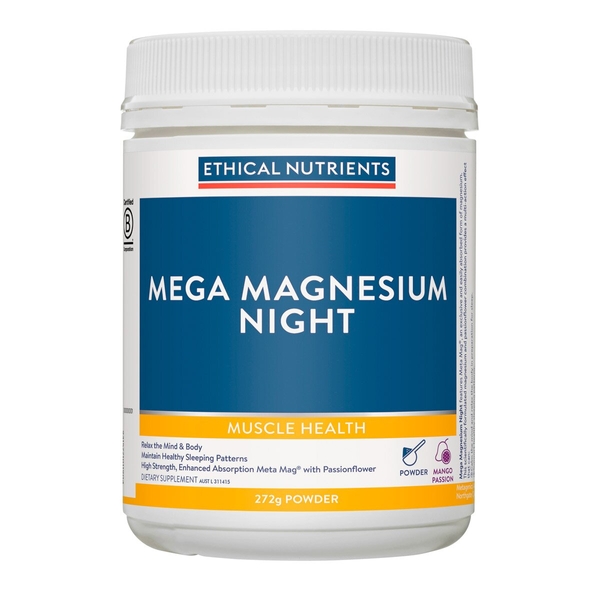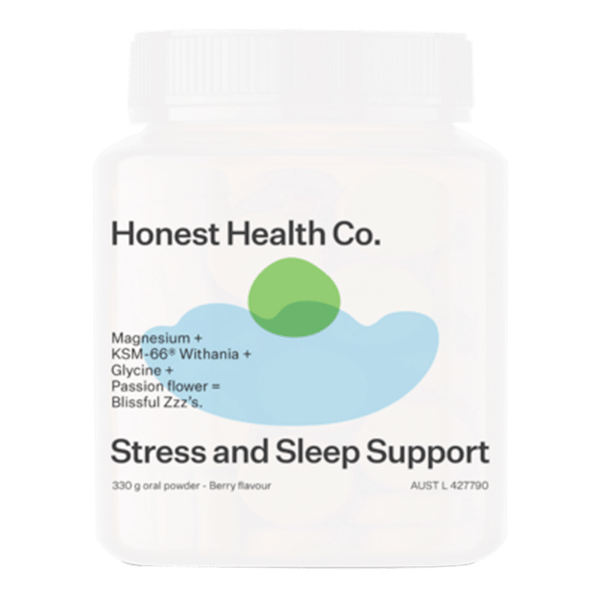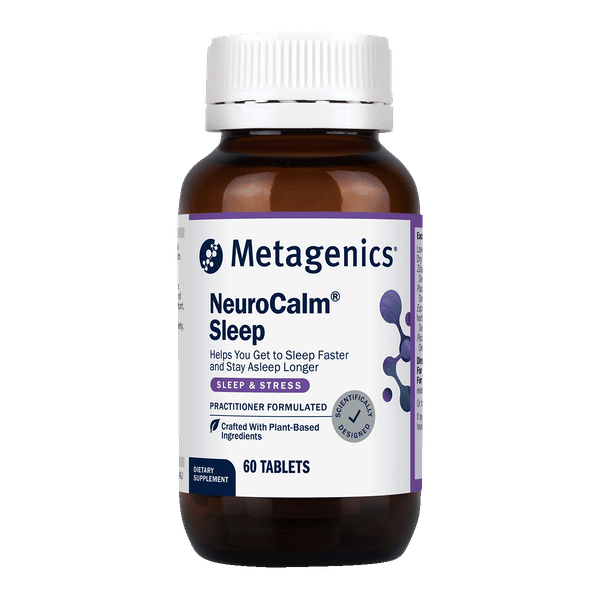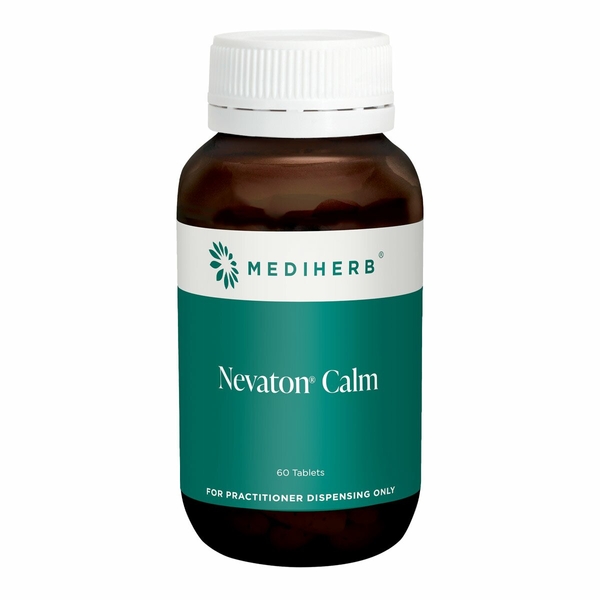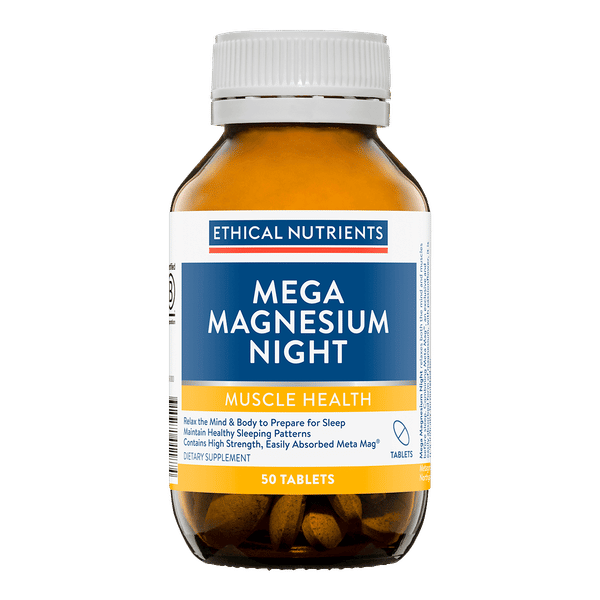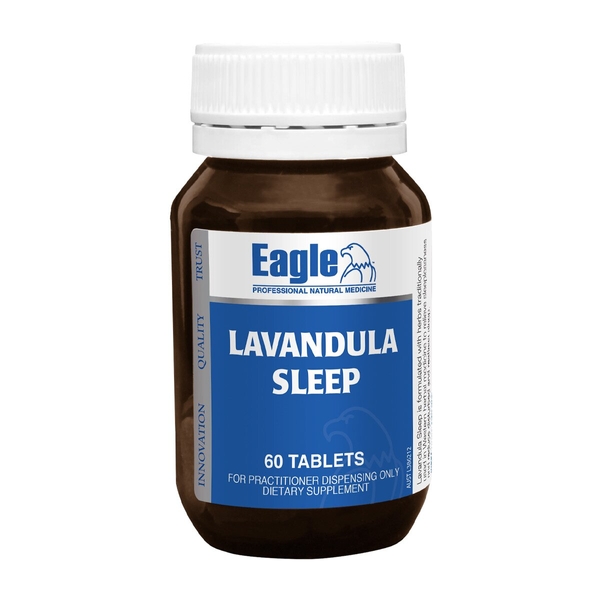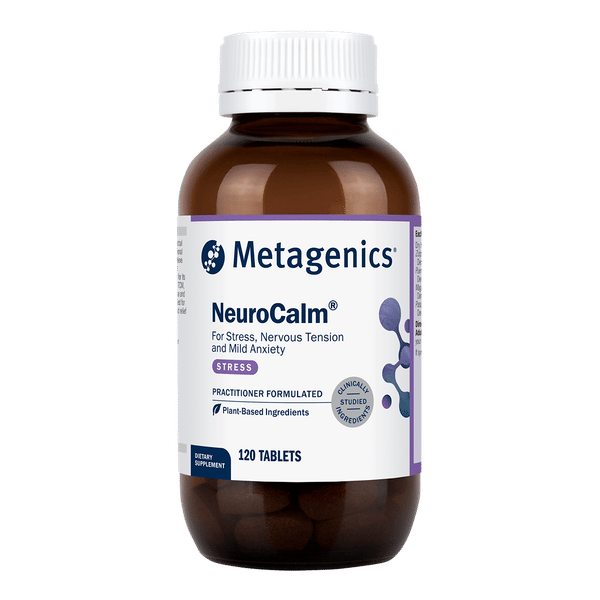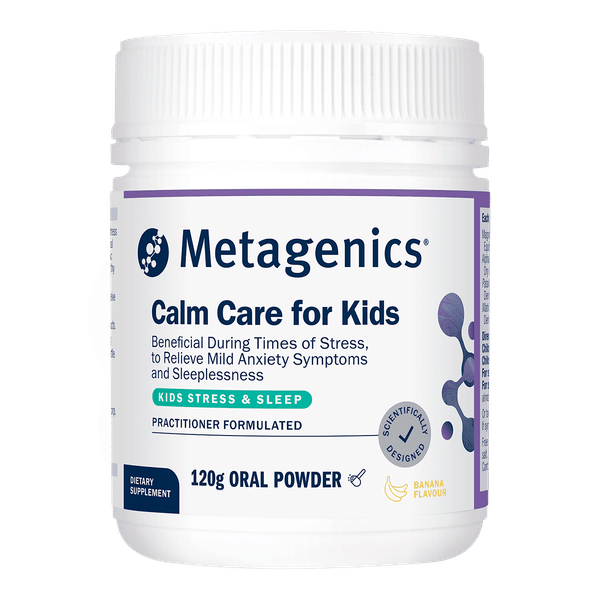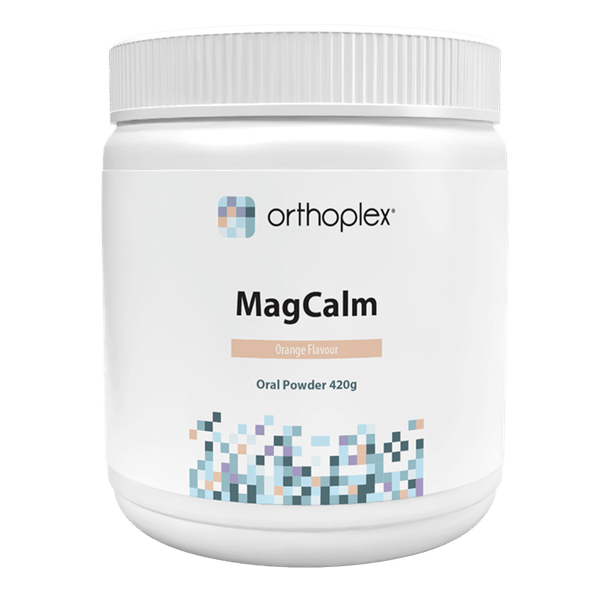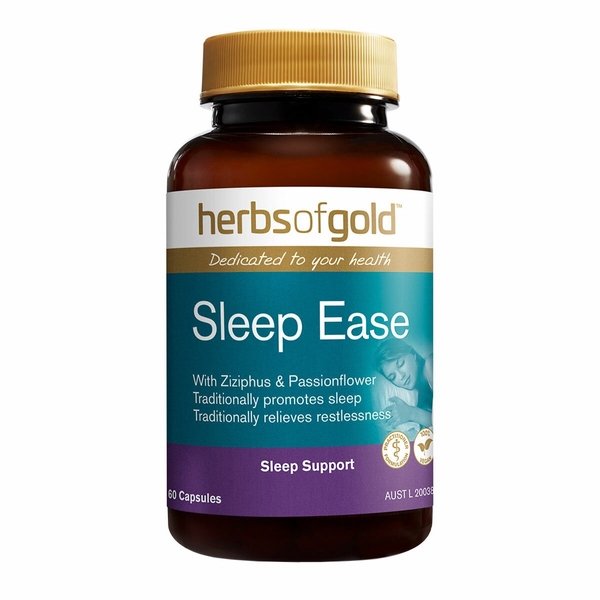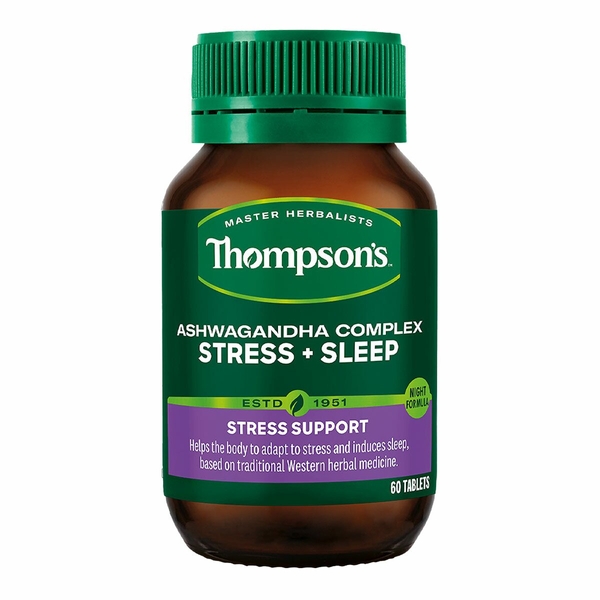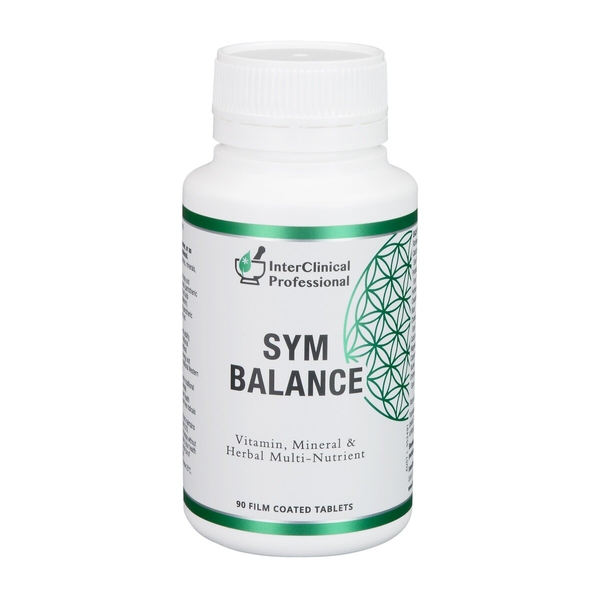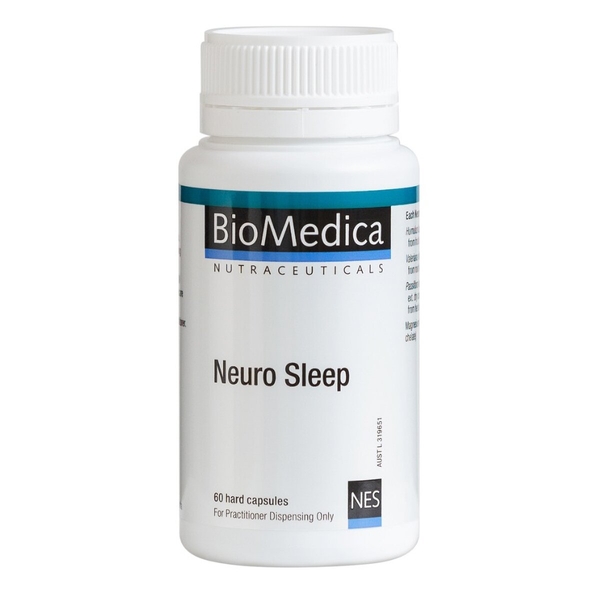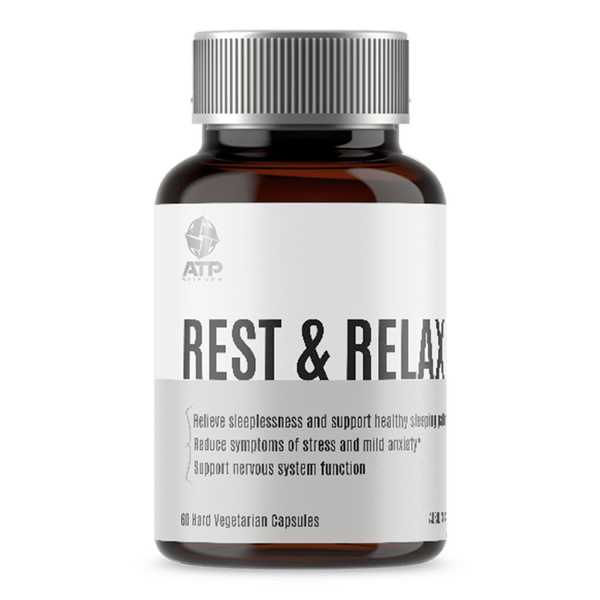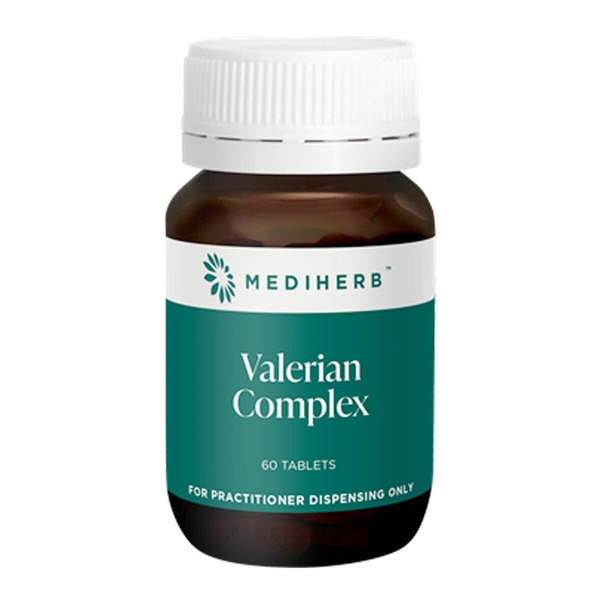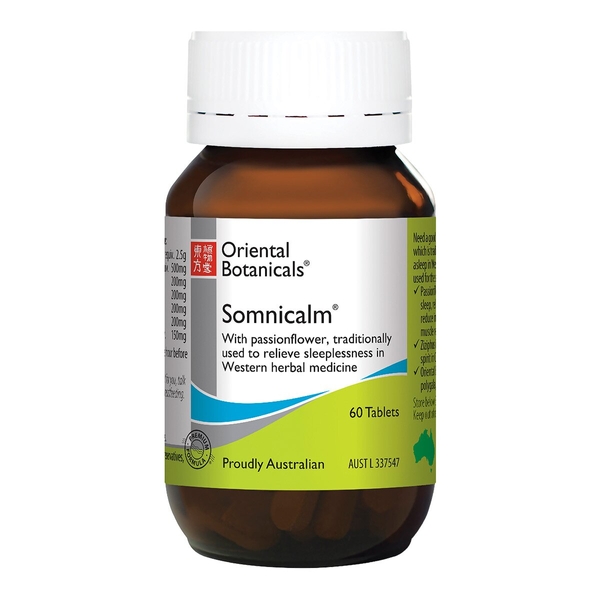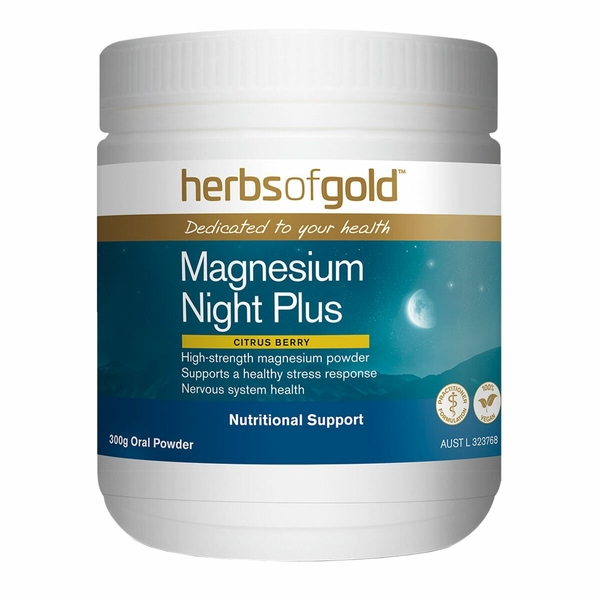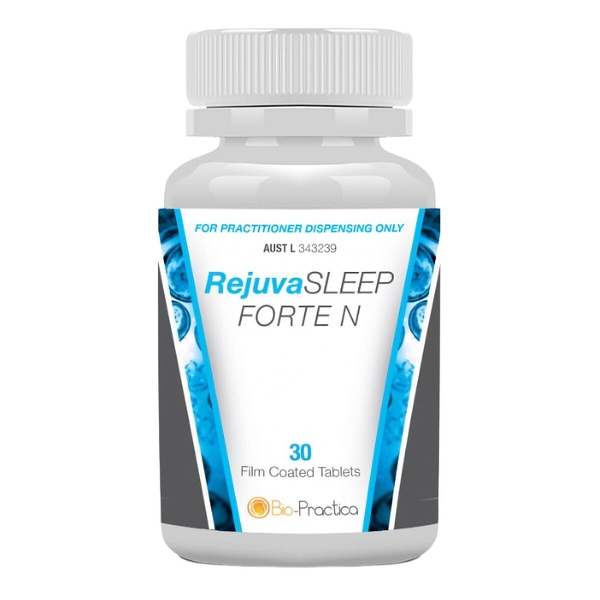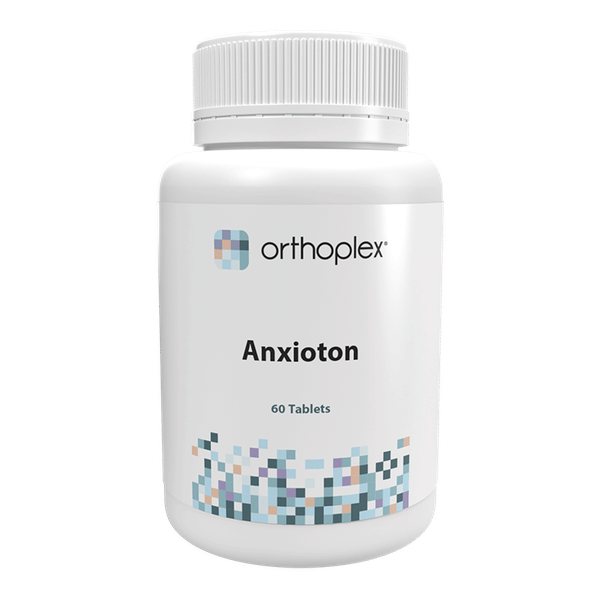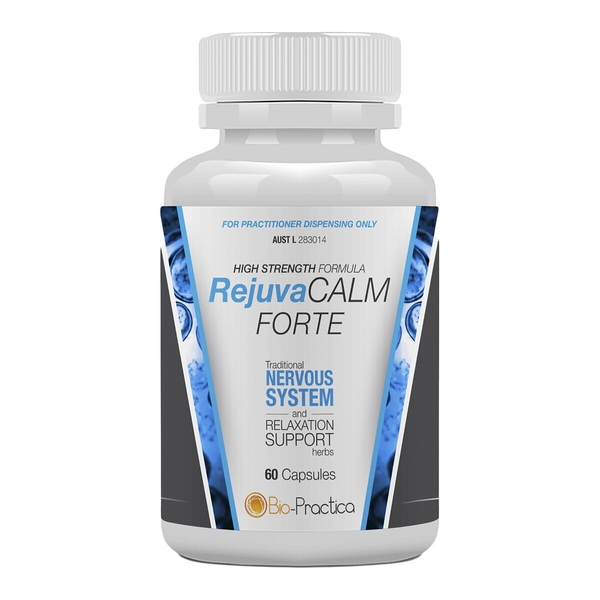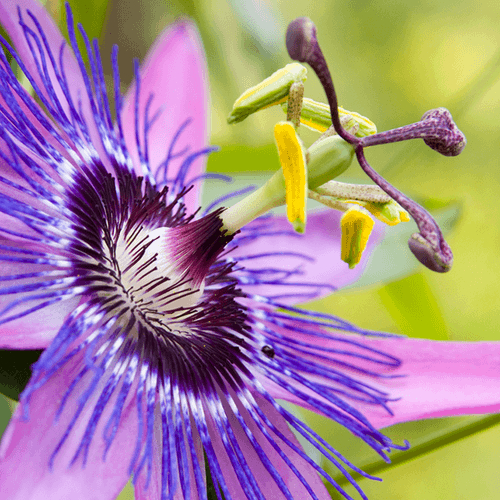
Background
Passion flower is native to the southeastern United States and Central and South America. It's been traditionally used to help with sleep.
People use passion flower for anxiety, including anxiety before surgery. Some people also take passion flower for insomnia, stress, ADHD, pain, and many other conditions. But there is no good scientific evidence to support these uses. In some foods and beverages, passion flower is added for flavoring.
Safety Safety definitions
When applied to the skin: There isn't enough reliable information to know if passion flower is safe or what the side effects might be.
Special Precautions & Warnings:
Pregnancy : Passion flower is possibly unsafe when taken by mouth during pregnancy. It might lead to early labor and other problems. There are some chemicals in the passion flower plant that might cause the uterus to contract. Don't use passion flower if you are pregnant.Breast-feeding: There isn't enough reliable information to know if passion flower is safe to use when breast-feeding. Stay on the safe side and avoid use.
Children: Passion flower is possibly safe for most children when taken by mouth for short periods of time. A specific passion flower product (Pasipay by Iran Darouk Pharmaceutical Company) has been used safely in children aged 6-13 years for up to 8 weeks.
Surgery: Passion flower might slow down the nervous system. Anesthesia and other medications used before and after surgery can also slow down the nervous system. Taking them together might slow down the nervous system too much. Talk to your healthcare provider if you are taking passion flower within 2 weeks of a scheduled surgery.
Effectiveness
- Anxiety. Taking passion flower by mouth can reduce symptoms of anxiety. It might work as well as some prescription medications.
- Insomnia. Taking passion flower by mouth can modestly improve the total amount of time spent asleep.
- Anxiety before a procedure. Taking passion flower by mouth can reduce anxiety when taken 30-90 minutes before surgery. In fact, it might work as well as some other treatments for anxiety before surgery, such as melatonin or midazolam. But it might also interact with some anesthesia drugs, so don't use passion flower before surgery unless recommended by a healthcare provider.
Dosing & administration
Interactions with pharmaceuticals
Medications changed by the liver (Cytochrome P450 3A4 (CYP3A4) substrates)
Interaction Rating=Minor Be watchful with this combination.
Some medications are changed and broken down by the liver. Passion flower might change how quickly the liver breaks down these medications. This could change the effects and side effects of these medications.
Medications moved by pumps in cells (Organic Anion-Transporting Polypeptide Substrates)
Interaction Rating=Minor Be watchful with this combination.
Some medications are moved in and out of cells by pumps. Passion flower might change how these pumps work and change how much medication stays in the body. In some cases, this might change the effects and side effects of a medication.
Sedative medications (CNS depressants)
Interaction Rating=Moderate Be cautious with this combination.
Passion flower might cause sleepiness and slowed breathing. Some medications, called sedatives, can also cause sleepiness and slowed breathing. Taking passion flower with sedative medications might cause breathing problems and/or too much sleepiness.
Interactions with herbs & supplements
Interactions with foods
Products
View all products- Passiflora incarnata (Passionflower) ext. 150 mg
- Riboflavin (Vitamin B2) 2 mg
- Hydroxocobalamin (Vitamin B12) 100 µg
- Leonurus cardiaca ext. 50 mg
- Calcium pantothenate (Vitamin B5) 10.9 mg equiv. pantothenic acid 10 mg
- Pyridoxal 5-phosphate monohydrate (P5P) 3.1 mg equiv. pyridoxine 2 mg
- Cholecalciferol 2 µg equiv. vitamin D3 80 IU
- Choline bitartrate 60.8 mg equiv. choline 25 mg
- Magnesium glycinate dihydrate 213.7 mg equiv. magnesium 25 mg
- Copper (II) glycinate 1.67 mg equiv. copper 500 µg
- Taurine 50 mg
- L-ornithine monohydrochloride 19.1 mg equiv. ornithine 15 mg
- Lysine hydrochloride 18.75 mg equiv. lysine 15 mg
- L-methionine 15 mg
- Ubidecarenone (Coenzyme Q10) 25 mg
- Schisandra chinensis ext. 25 mg
- Camellia sinensis ext. 25 mg
- Piper nigrum ext. 12 µg
- Biotin 100 µg
- Calcium glycinate 234.79 mg equiv. calcium 50 mg

